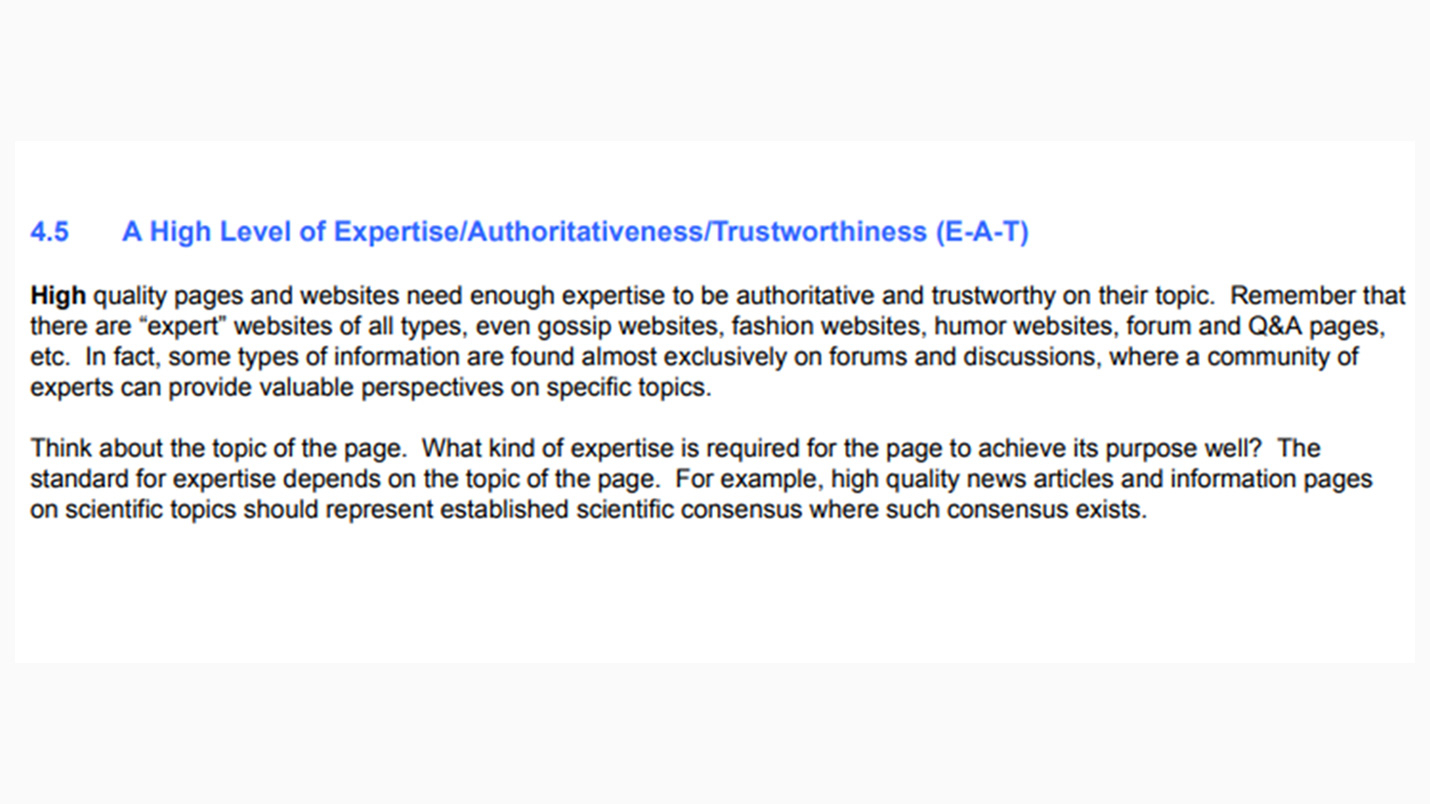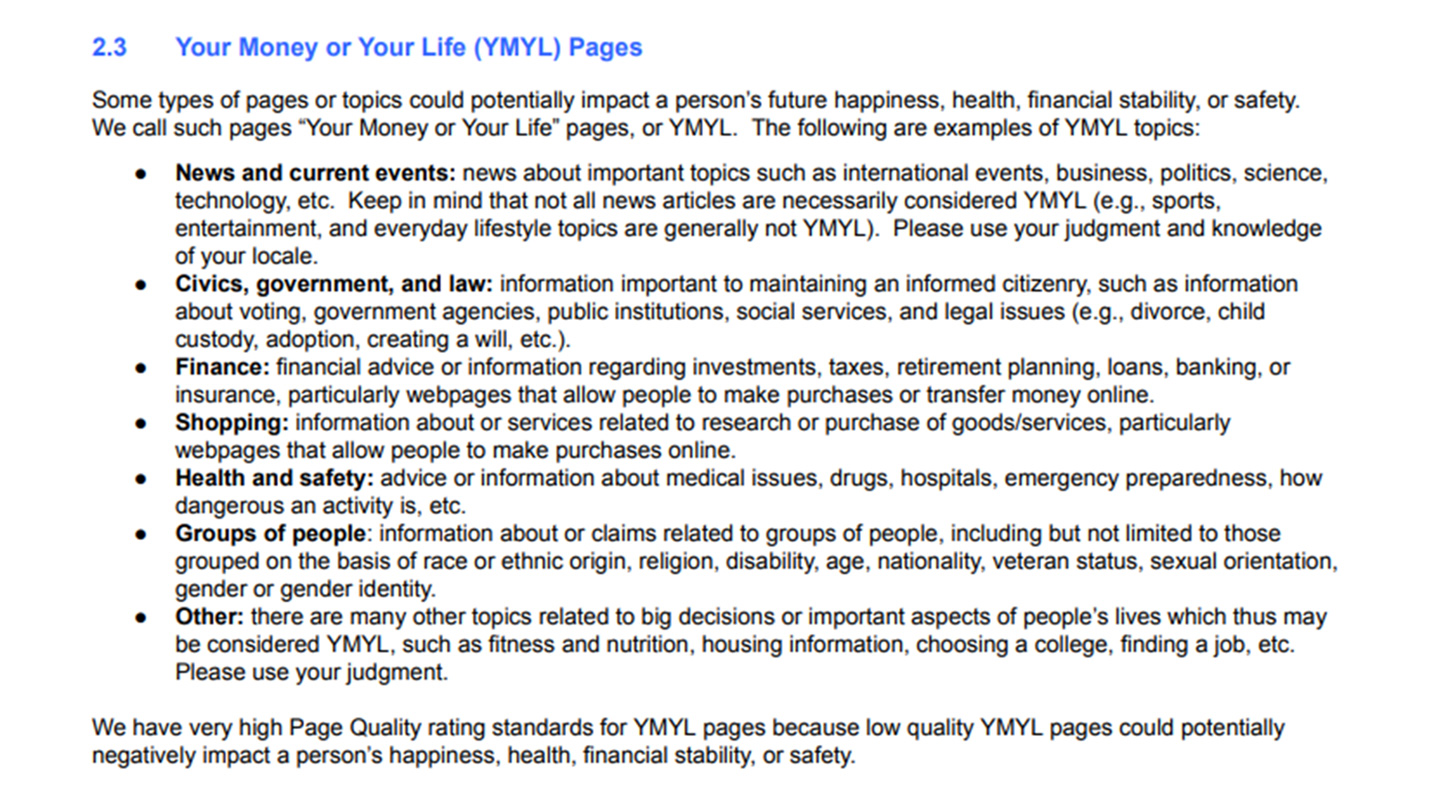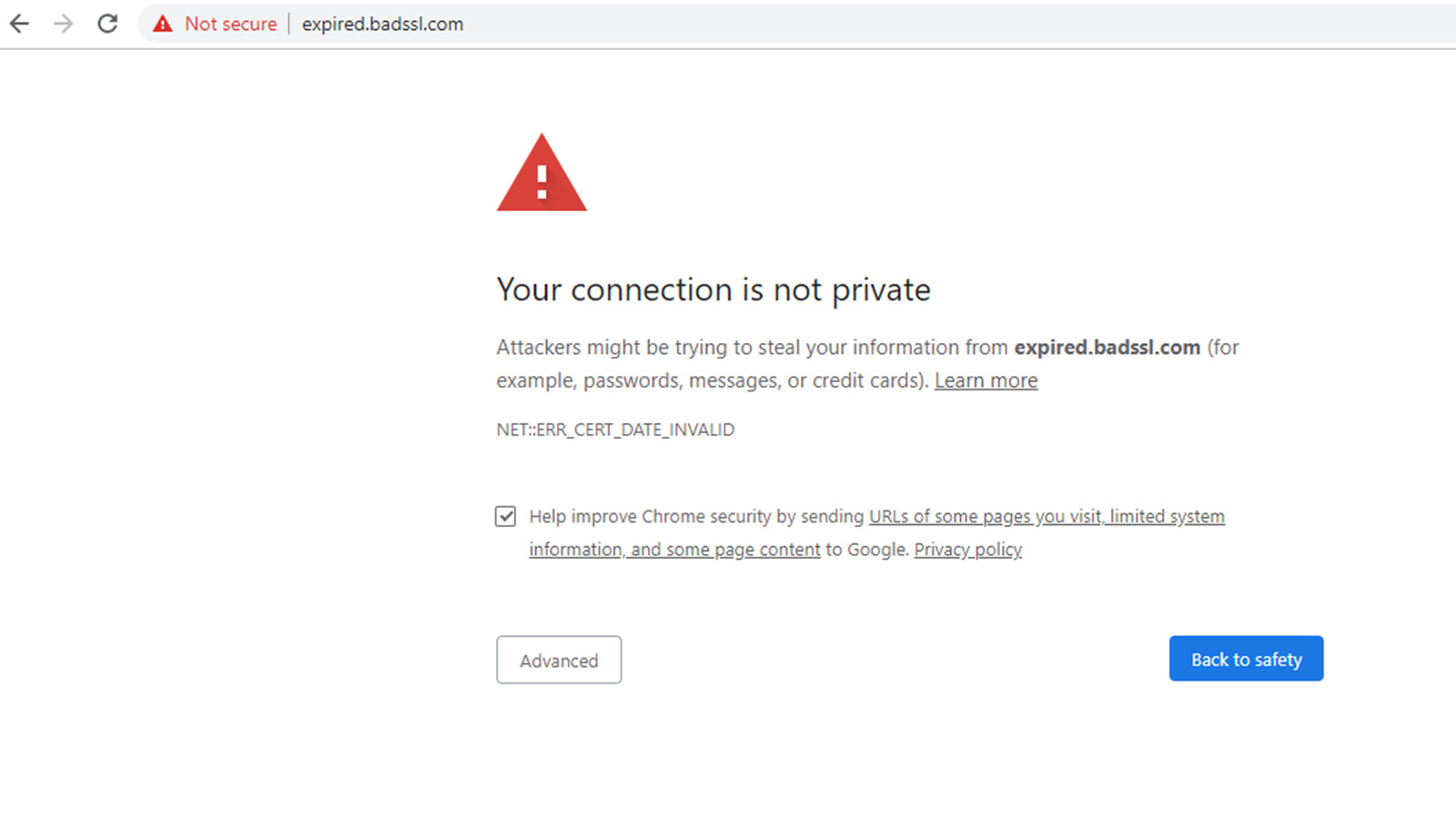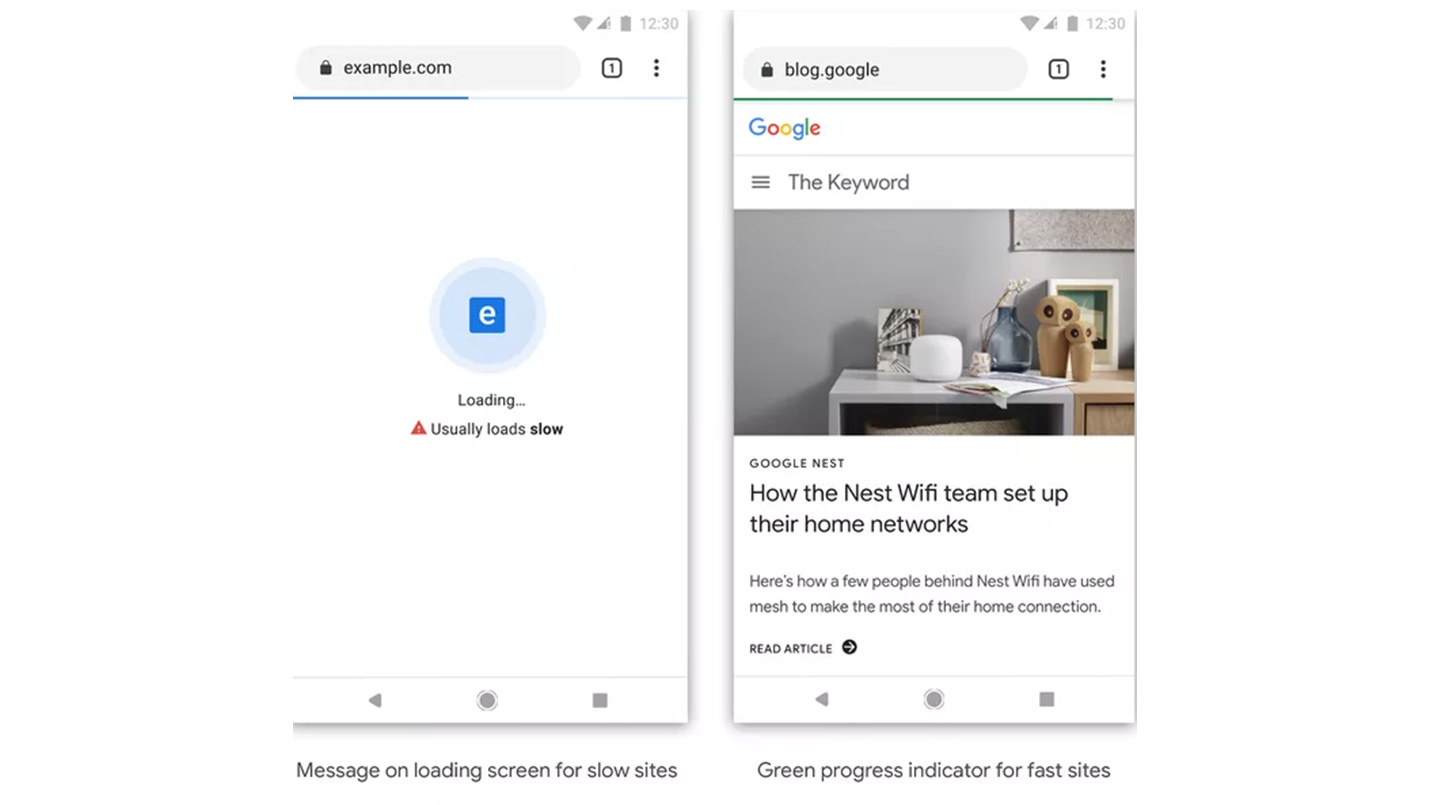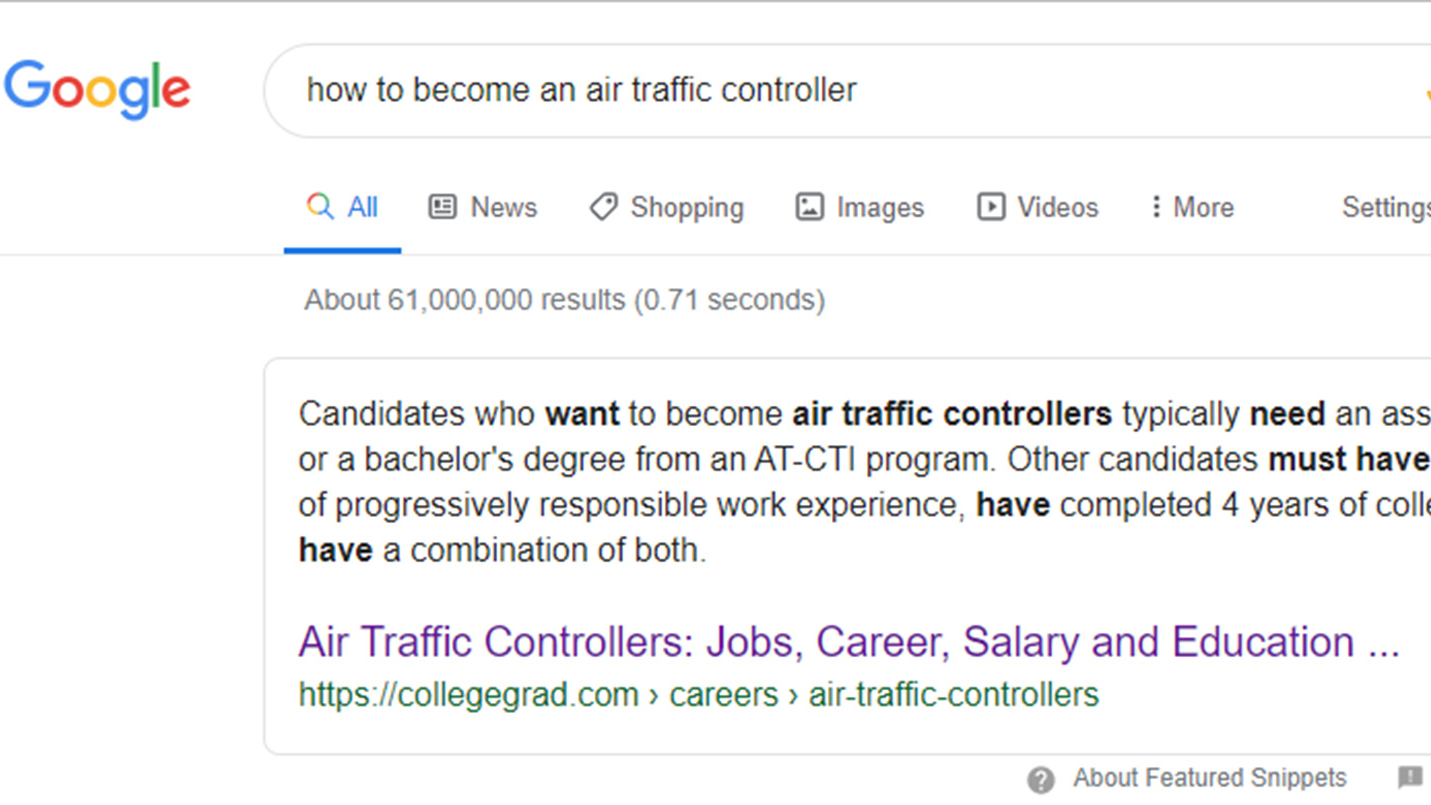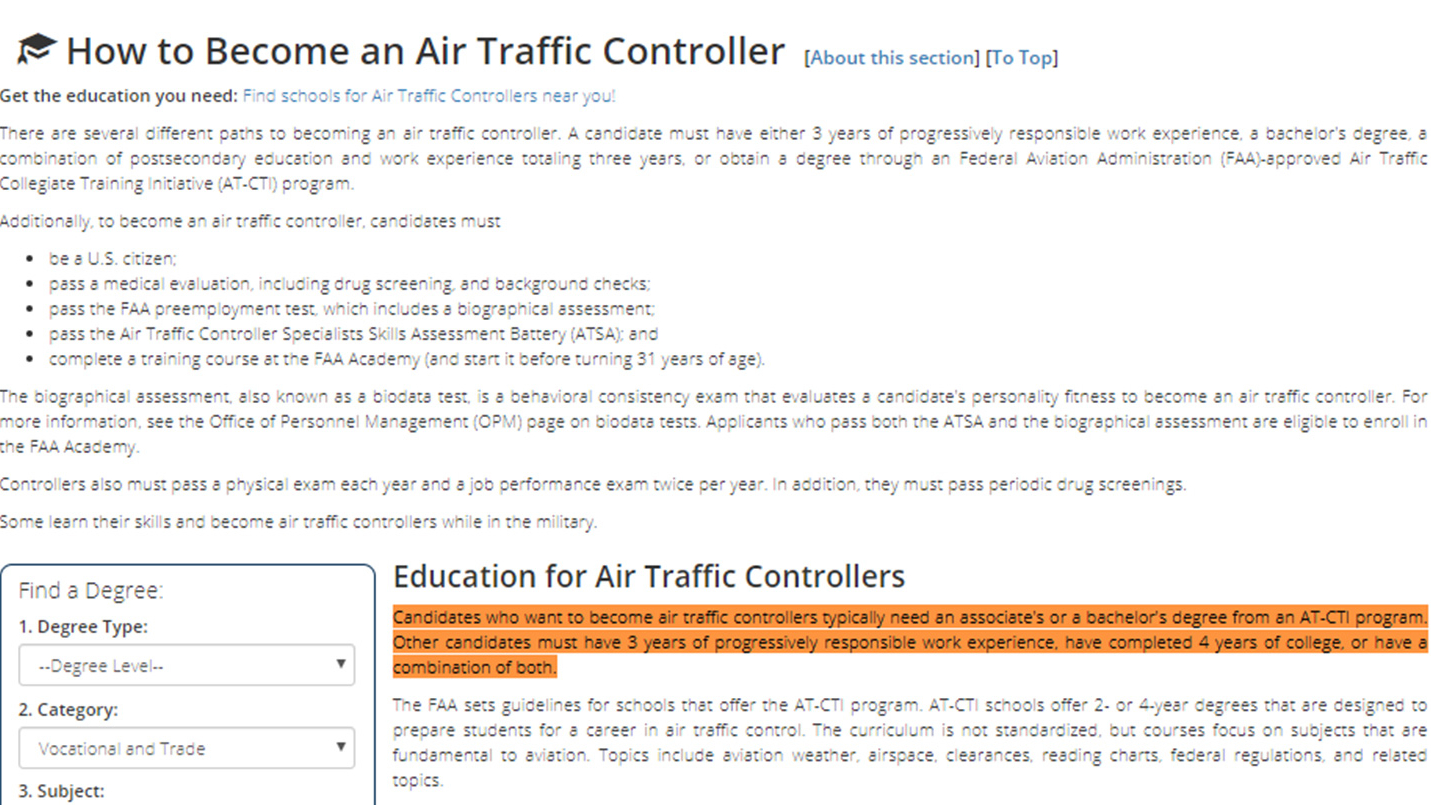Digital Marketing
5 Tips for Local SEO in Manchester
The internet made the world into a 'global village', but that's no reason to turn your back on your local customer base - here are five of our top tip ...
7th July, 2015
Google is constantly evolving, it has been since its inception in 1998. Google purports to tweak its algorithm daily – which is usually the bane of most SEO’s existence, but Google does it for good reason, it’s always trying to improve user experience…
Essentially, all Google is trying to do is serve the best-possible content based on the search and what it perceives to be the intent of the searcher (we’ve got more on this later) by sifting through over 130 trillion web pages. 130 trillion was the last number Google gave us 4 years ago, and that number had grown from just 30 trillion in 2013.
Quite impressive to sort through a ludicrous amount of pages and deliver you the most relevant results in under a few seconds.
Google evolves as new technology is introduced, social trends affect internet usage and new devices appear on the market. However the internet may change, Google wants to make sure users are constantly served with the most relevant content.
But how does it deem what the “most relevant content” is?
How does it manage to crawl a surplus of 130 trillion web pages and serve the most relevant results for any given search?
How do you optimise for search in 2020?
In this article we’re going to discuss which ranking factors will matter most in 2020…
Domain authority is a metric that was originally created by MOZ, it is a scale that goes from 1-100, the higher the score received the larger the quantity of quality inbound links to your website.
One of Google’s major ranking factors is the amount of relevant, authoritative backlinks you website receives, hence using MOZ’s DA metric has long been a staple of SEO professionals to determine how likely a website will fair in Google and other search engine rankings.
But, in 2020 – Domain Authority will start to mean something much more complex judging by Google’s recent push for the evaluators to check the Expertise, Authority & Trustworthiness of websites Search Quality Evaluator Guidelines.
EAT – YMYL
Now EAT (Expertise, Authority & Trustworthiness) & YMYL (Your Money or Your Life) have been in the search quality evaluators guidelines for a few years now, but the switch in gears regarding how much it is mentioned is definitely indicative of how much of a pivotal ranking factor this is going into 2020.
EAT- In a nutshell, Google’s Search Evaluators look to rate everything that appears on the search results page in relation to the search from High relevancy to Low relevance.
If the result is deemed to be irrelevant to the search or lacking in expertise when compared to other results on the page, the evaluator marks the result as such and Google then endeavour to alter their algorithm in the future to remove such results in favour or a more informative article from an expert source.
In Google’s own words:
Think about the topic of the page. What kind of expertise is required for the page to achieve its purpose well? The standard for expertise depends on the topic of the page. For example, high-quality news articles and information pages on scientific topics should represent established scientific consensus where such consensus exists.
What is E-A-T?
Expertise, Authoritativeness & Trustworthiness, when Google is looking to evaluate whether a website is relevant to the search term provided it wants to find evidence that the content it’s going to provide the searcher is as informative and factual as humanly possible. It does this by looking at the following:
Expertise – Is the author an expert in their field? Are there a few external sources that demonstrate their expertise?
For a very simple explanation; if you’re writing a blog about SEO trends and ranking factors in 2020 on your website that offers digital marketing services – it would be pretty safe to assume that you were an “expert” in the field.
If you displayed a more in-depth industry and technical knowledge than your competitors who wrote a similar article about how search engine optimisation techniques will impact the search-scape of 2020, it would be fair to say that you were more knowledgeable about the subject, hence demonstrated higher expertise.
If you’re looking for your expertise in a particular field to be recognised by Google and its users, you should be marking up your content with the relevant Article & Author Schemas.
Authoritativeness – Is the website an authority on the subject matter?
Users are searching for an authority when using Google, they’re looking for a trustworthy source that can give them the answers. Not only do they want to trust this person or this particular brand’s knowledge, they also want to make sure they’re the best person/website to visit.
Is this website, that has written a post on the trends and techniques for the coming year, usually a source for such topics?
If said website had a plethora of expertly written articles surrounding the various subjects of SEO, it would be fair to assume that it would be an authority on the topic of internet marketing.
Trustworthiness – Is the website trustworthy?
Are its resources for information useful to the user? Does it have a plethora of highly respected industry-relevant websites that link to its pages and articles? Does it currently have an SSL certificate?
If so, it’s pretty indicative that the website in question is trustworthy enough for Google to be able to serve the prospective user with its content.
What is YMYL?
YMYL is an acronym for “Your Money Or Your Life” it affects websites/pages that are going to influence your welfare or livelihood, generally, it concerns business’ such as those in the medical & finance industries.
Taken from Google’s Search Quality Evaluators Guidelines:
Basically, if you’re advising something with potentially life-changing ramifications for the user, you’d better make sure you know the subject in which you’re advising better than the back of your hand.
Google doesn’t want to promote content that isn’t based on fact – this is why EAT and YMYL are more important now than ever before.
The content you’re writing about needs to be well informed and written by an expert in your field. Otherwise, you could potentially be advising your users to do something potentially dangerous or financially catastrophic.
If you feel your market is firmly within the realms of being a YMYL topic, it is safe to say that you shouldn’t be providing information on topics in which you aren’t considered; an expert, authoritative & trustworthy.
HTTPS, SSL & Mixed Content
Having HTTPS has been a ranking factor since 2014, but since December 2019 Google started to warn users before landing on a page that doesn’t have a valid SSL certificate or if there are some elements of the website which may link to unsecure resources.
Should your website fail to have a valid SSL certificate or have resources that aren’t secure, this is what your website will display:
Which is very foreboding for an unsuspecting user just looking to browse your wares.
“Mixed content degrades the security and user experience of your HTTPS site.”
Added to this, as Google has been telling webmasters since 2014, is that having your website secure with HTTPS:// will be a positive ranking signal and EAT (Expertise, Authoritativeness & Trustworthiness) is becoming ever more prominent in the Search Quality Evaluators Guidelines – you really don’t have an excuse not to fall in line with Google’s demands for SSL if you’re looking to rank in 2020.
If you’d like to check if your website is currently HTTPS compliant, you can use this website:
Why No Padlock?
Should you not currently have an SSL certificate, feel free to give us a call and we can help you out!
With 50% of all searches predicted to be voice search in 2020 and 41% of adults currently using voice search as part of their daily routine, you’d better be optimising for voice search if you want all your bases covered in 2020.
There are plenty of reasons why more and more people are going to be opting to use voice search over text in 2020.
Gadgets that link to your phone via bluetooth, such as smartwatches and headphones, lessen the need to constantly take out your phone to check the time, set reminders and search for songs.
Smart speakers, pushed by both Google and Amazon, have continued this trend of simply stating what it is you want to find and it’s the virtual assistant’s job to find what it is that you’re looking for in record time. The Amazon Echo can place orders for you with a simple statement – fully taking advantage of the user should they happen to be impulse buying.
The common theme with search is: the easier it is for someone to find you or your product, the more likely they are to purchase – and voice search is no different. So with over 50% of searches due to be made via voice in 2020…this is definitely not a ranking factor likely to go away anytime soon.
How do you optimise for voice search?
If you’re a local business looking to appear as a result as soon as someone were to search, “emergency locksmiths near me.”
Then you need to claim your Google My Business Page and make sure that the NAP (name, address, phone number) citations on local directory websites are all returning the correct information regarding your address and contact details.
The more positive references regarding your business’ locality, the more likely you are to appear in Google’s snack pack for local searches and the more likely you are to appear once someone voice searches the keywords relevant to your business.
If you’re not looking to appear locally, optimising for voice search can be slightly trickier – but still completely doable.
A study by Backlinko analyzed 10,000 Google Home Searches answers the question as to what seems to predominantly feature on the search engine results page for voice search.
Their findings, whilst interesting, aren’t anything revolutionary when it comes to search engine optimisation.
Voice search loads a great deal faster than its text counterpart, so it goes without saying that your website needs to be able to deliver content as fast, if not faster than your competition.
In particular, if your website isn’t currently mobile responsive, now would be a great time to invest in the mobile version of your website as part of your SEO strategy as over 20% of voice searches are made using mobile search.
Google uses Page Speed as a ranking factor, if you’re unsure of how fast your website is currently loading in the eyes of Google you should use their own Page Speed tool found here. As most searches are currently conducted on mobile for voice search, it would be useful to find out your website’s mobile page speed. Mobile is now the default tab, next to desktop, after the initial analysis.
If that isn’t motivation enough, Google are starting to badge slow loading web pages in 2020, warning the user if the page is usually slow to load.
Backlinko also determined that 70.4% of Google Home’s results were HTTPS, in comparison to just 50% of its desktop results. So if your website isn’t already secured with an SSL certificate and you’re looking to appear on the voice listings, you’re already at a serious disadvantage.
The average word count for the Google Home results were 2,312 words, which is curious when it’s revealed that the average answer result for voice search is just 29 words. As long-form content has more words for Google to read contextually and ascertain a coherent answer in line with the users search, this makes complete sense. The more content available, the more instances you have for your content to answer the query.
Featured Snippet results made up for around 40.7% of all voice searches… Which brings me to my next point regarding SEO trends in 2020…
What are Featured Snippets?
Featured snippets are the information boxes that appear under your search query, an attempt by Google to give you the answer you’re looking for before even clicking on the page that is the source of the information. If you’re looking to feature in voice search, having placement in a featured snippet for a query goes a long way in helping you achieve that goal.
Featured snippets are becoming an integral part of any self-respecting SEO professional or webmaster’s strategy because zero click searches now making up 50% of the search landscape. Zero click searches are simply a search that doesn’t result in a click – and with Google serving comprehensive and trustworthy answers as the first result, it isn’t difficult to see why zero click searches are making more and more headway in the SERPs.
With fewer people bothering to scroll through the results page SEOs and digital marketers alike now have less chance to gain brand exposure through organic traffic, unless we’re featuring in those coveted Featured Snippets. This technique may be the only chance the prospect gets to see what you’re offering and your expertise on the matter. Therefore, when it comes to zero click searches you need to have great, enthralling and informative content relative to the search so that it has a chance to be featured.
How do you get a Featured Snippet?
Firstly, it really helps if you’re already in the top ten organically for the related search query, with 98.58% of Featured Snippets all coming from the first page of the listings. So it’s pretty safe to say, that unless you’re currently in the top ten of the search results – you won’t be receiving the coveted Featured Snippet.
Also, according to a study by Ahrefs, 12.29% of searches feature a Featured Snippet, so it is important to conduct keyword research using your SEO tools of choice to ascertain if the keywords you’re vying to appear for currently even features a Featured Snippet in the results.
Paragraph snippets, like the one shown in our example, make up a large majority of all featured snippets, and they lend themselves mostly to the following types of queries;
How? What? Why? Where? When?
If you were to visit the page featured in the featured snippets, you would discover that the answer to the question is part of a much larger body of content, covering all bases for the search query, “How to become an air traffic controller?” – Which suggests, as mentioned earlier, that you stand a far greater chance of appearing in the featured snippet if you regularly write informative long-form content (above 2,312 words).
Featured Snippets are a huge advantage when it comes to search engine optimisation, but as already mentioned, unless you’re currently featuring in the top ten listings, you aren’t going to be featuring there at all!
That’s not to say, “there’s no point trying to get there if you aren’t there already”. If you aren’t currently where you want to be, see what your competitors are doing and better them…on every front.
Featured Snippets lean heavily towards those websites that are considered authoritative domains, so if you’ve neglected some of your off-page optimisation and garnering an interest through your articles/website/products via that networking channel, I heavily suggest you invest more time and effort in link building and creating content that others would like to link to.
It’s shaping up to be an exciting year for search!
While there may be nothing “new” about the SEO trends in 2020, there is definitely a continuation and expansion of the key ranking practices you should be taking into consideration.
Features introduced years ago are now coming to the forefront of technical SEO in terms of importance. For example, you’re unlikely to feature for voice search or the featured snippets if your website doesn’t have HTTPS, nor is it going to be seen as a “trustworthy” source for E-A-T.
With E-A-T & YMYL the days of optimising your page or website for subjects you don’t display a clear understanding of are gone, so optimise for products and services you have a wealth of knowledge on, or risk the Search Quality Evaluators wrath.
In 2020, if you’re in a YMYL industry, you should work to improve your EAT score as a matter of urgency or expect to see drops in traffic if you haven’t already.
If you would like any help or advice on your SEO strategy for the coming months/year, we’re happy to help, please call the office on 0161 941 5330 and ask for Julaine.
Digital Marketing
11th December, 2019
Call us on: +44 (0) 161 941 5330 or email us: info@firstinternet.co.uk
Get in touch today!